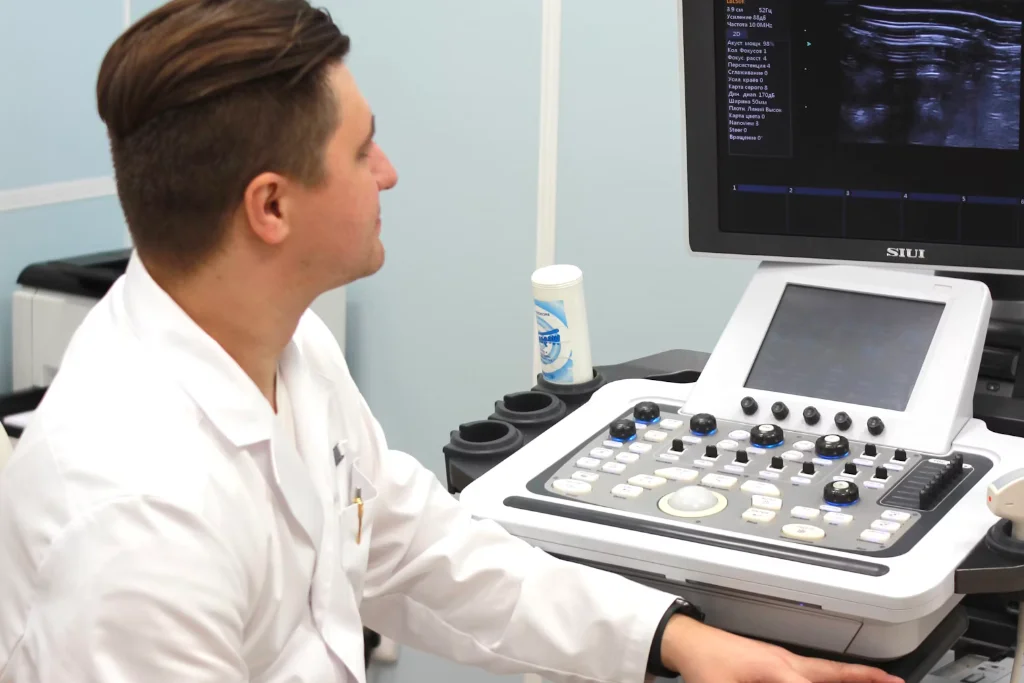The integration of machine learning algorithms into healthcare systems represents one of the most significant technological advances in modern medicine, promising to enhance diagnostic accuracy, streamline treatment processes, and improve patient outcomes across various medical specialties.
Healthcare professionals are increasingly leveraging predictive analytics to identify potential health risks before they manifest into serious conditions. This proactive approach to medical care has the potential to save countless lives while reducing healthcare costs globally.
"Machine learning doesn't replace doctors—it empowers them to make better decisions with unprecedented insight into patient data."
AI-Powered Diagnostic Revolution

Artificial intelligence has transformed medical imaging interpretation, enabling radiologists to detect abnormalities with greater precision and speed. Deep learning models can now identify early-stage cancers, predict cardiovascular events, and analyze complex medical scans with remarkable accuracy.
Personalized Treatment Planning
Machine learning algorithms analyze vast amounts of patient data to recommend personalized treatment plans. By considering genetic factors, medical history, lifestyle choices, and treatment responses from similar cases, AI systems can suggest optimal therapeutic approaches.
Genetic Analysis
Personalized medicine based on individual genetic profiles and biomarkers for targeted therapy selection.
Outcome Prediction
Predictive models that forecast treatment effectiveness and potential side effects before implementation.
Drug Safety
AI-powered systems that identify potential drug interactions and adverse reactions in real-time.
Continuous Patient Monitoring
Wearable devices and IoT sensors continuously collect patient vital signs, enabling real-time health monitoring and early intervention capabilities. Machine learning algorithms process this data to detect patterns that might indicate developing health issues.
Patient Monitoring Dashboard
LiveAddressing Implementation Challenges
Data Privacy & Security
Ensuring patient data protection while enabling AI analysis requires robust cybersecurity measures and compliance with healthcare regulations.
Healthcare Professional Training
Medical staff need comprehensive training to effectively integrate AI tools into their clinical workflow and decision-making processes.
Implementation Costs
High initial investment in AI infrastructure and ongoing maintenance costs present barriers for smaller healthcare facilities.
System Integration
Seamlessly integrating AI solutions with existing hospital information systems and electronic health records.
The Future of AI in Healthcare
The convergence of machine learning, big data analytics, and medical expertise is creating unprecedented opportunities to improve patient care and health outcomes. As technology continues to advance, we can expect even more sophisticated AI applications in healthcare.
Widespread AI Adoption
Majority of hospitals will integrate AI-powered diagnostic tools
Predictive Medicine
AI will predict and prevent diseases before symptoms appear
Personalized Healthcare
Fully customized treatment plans for every individual patient






Community Feedback